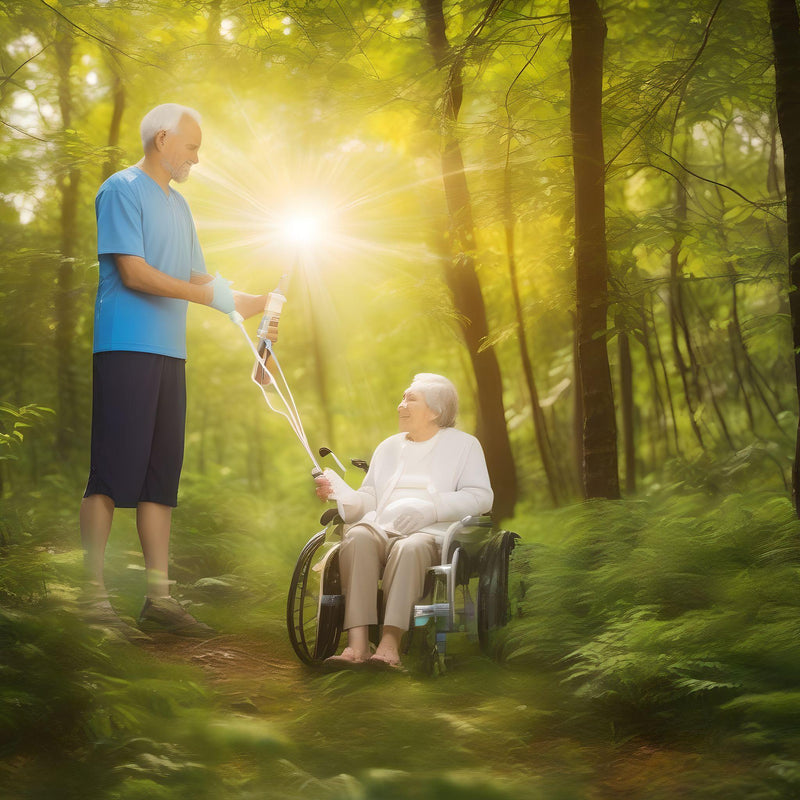
Scientists have been searching for decades for the invention of vaccines to prevent and cure diseases, not only infectious ones but also immunological diseases and vaccines that cure cancer.
Traditionally, vaccines are divided into preventive or conventional and therapeutic vaccines. Conventional vaccines are those administered to people as prevention against infectious diseases caused by viruses, bacteria, and toxins. These conventional vaccines are preventive because they aim to stimulate the immune system so that when the body comes into contact with the virus or bacteria, it is protected and can defend itself against the aggressor through the production of specific immunoglobulins or antibodies. That's why they are vaccines used in healthy individuals.
On the other hand, there are therapeutic vaccines, which as the name implies, are used in sick individuals to cure them of a disease, aiming to stimulate the immune system to eliminate, for example, cancer cells.
Dr. Jacinto Convit was a Venezuelan scientist dedicated to researching cures for diseases such as leprosy and leishmaniasis. He dedicated his scientific life to the development of vaccines against these diseases and managed to develop a vaccine against leprosy, which earned him several awards and a nomination for the Nobel Prize in Medicine in 1988. Years later, Dr. Convit shocked the international scientific community by announcing the creation of autovaccines against colon, stomach, and breast cancer. For this scientist, "gene mutation is what causes later relapse in the patient”; by combining a gram of cancer cells and placing them in the patient, they develop an improvement in their own organism due to the production of antibodies that destroy the cancer cells." In simpler terms, this type of autovaccine aims to teach the immune system to attack malignant cells and eliminate them.
More recently, another Venezuelan, Dr. Beatriz Carreño, is leading clinical studies at the University of Washington in the United States in patients with skin cancer (melanoma). The purpose of her research is to create a vaccine that aims to demonstrate that it is possible to awaken the immune system and make it act against this disease.
Within Biological or Bio-Regulatory Medicine, ozone autovaccine (minor autohemotherapy) has demonstrated significant activation of the immune system. It has been proven that ozone modulates the immune system because it promotes the synthesis and release of cytokines, which can be either immune-stimulating or immune-suppressing, through the activation of monocytes and T lymphocytes. When ozone comes into contact with the blood, second messengers such as H2O2, lipoperoxides, ozonides, and aldehydes are generated, which stimulate the production of proteins and cytokines, ultimately modulating the patient's immune system who receives this autovaccine.
The ozone autovaccine is a therapeutic vaccine when indicated as an adjunct treatment in autoimmune diseases (such as lupus, rheumatoid arthritis, psoriasis, etc.), in all types of allergies including bronchial asthma, in cancer, and in any disease linked to immune suppression or overstimulation.
On the other hand, the ozone autovaccine is a preventive vaccine when applied in sessions and cycles of Ozone Therapy in healthy individuals to prevent infections by viruses and bacteria, prevent the onset of cancer, and modulate or strengthen the immune system in the long term.
The ozone autovaccine is a very simple procedure that has no medical contraindication. It consists of extracting 5 milliliters of blood from the patient, which are ozonized and administered intramuscularly. It must be performed in a specialized health center and by qualified personnel to administer it.
The Ozone369 team lead by Dra Carmen Helena Acevedo, has designed a protocol called Immune Booster to enhance your immune system and give you a healthier and fellfield life.

